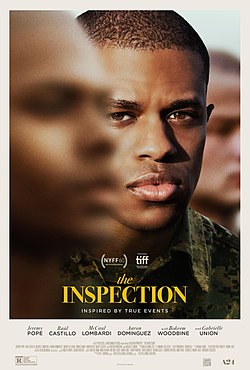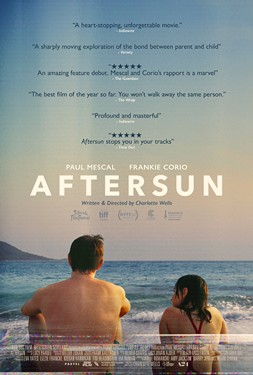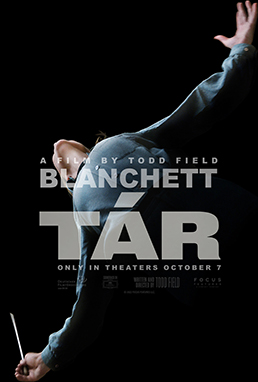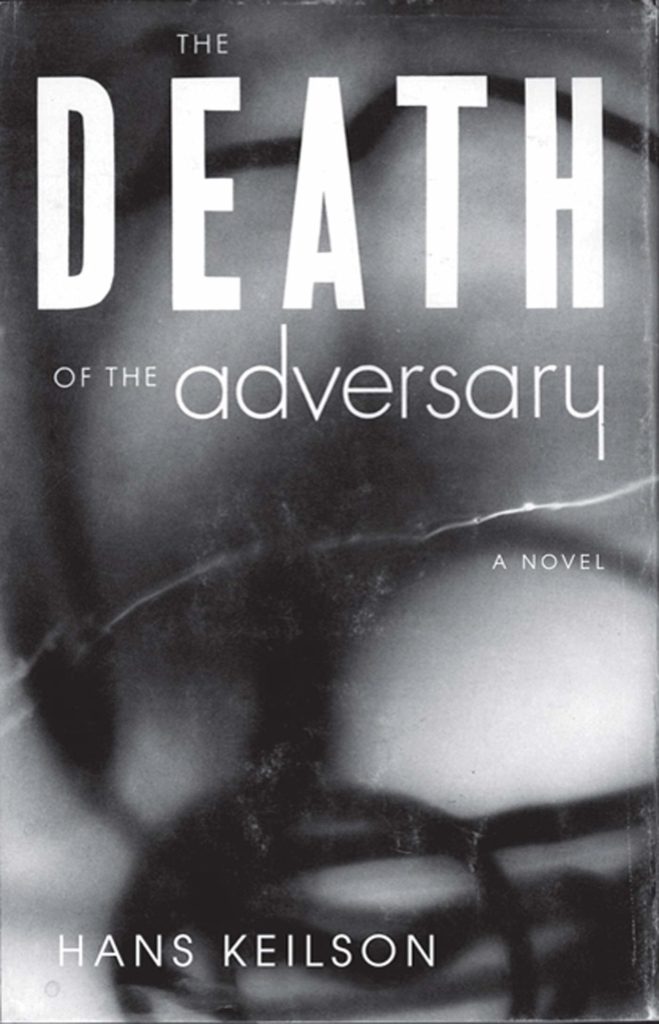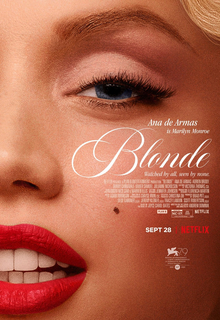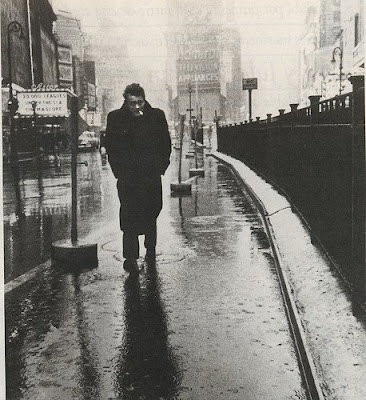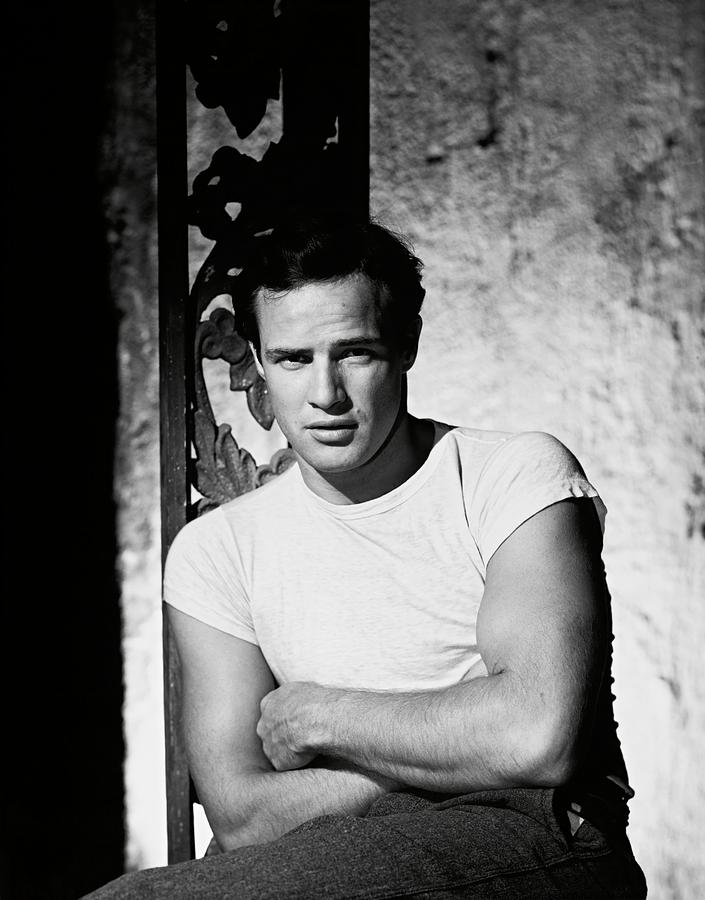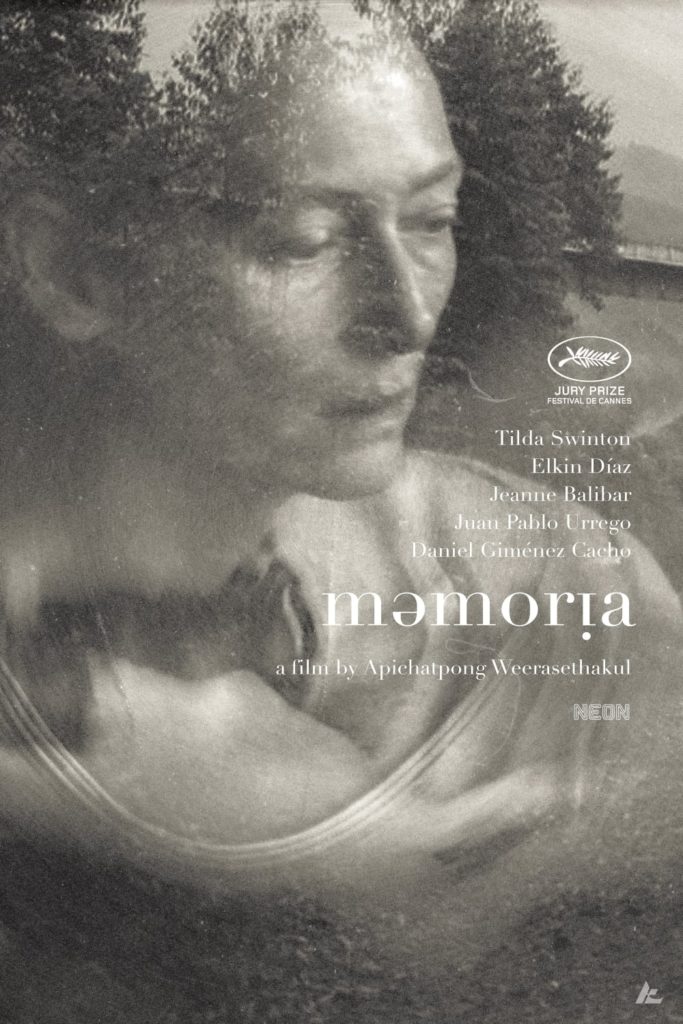I’m writing this review to purge my feelings. I don’t know why I thought a movie about a donkey on a journey was going to end on an upbeat note. Maybe it’s because we’re taught by Disney to expect upbeat endings when it comes to animals. Anyway, suffice to say, this does not have a happy ending and it left me in tears, which I think is the point.
EO has a loving caretaker and a good life as a performing donkey at a traveling circus in Poland. His caretaker might be a bit too loving, but since this movie is the donkey’s point of view, for the most part, it’s simply a lot of petting and stroking. It is possible to love a dog and a cat so it’s possible to love a donkey. Unfortunately, the circus has to file for bankruptcy and all the circus animals are sold.
There are also protestors at the circus — animal rights activists — who insist that the animals are suffering, though they are clearly not. The activists should have been a clue to me that this movie was going to be about animal welfare and the way we treat animals. EO often escapes whatever captivity he’s been forced into. In one horrible scene, he is pulling a cart at a fur factory where foxes in cages are screaming in fear as they are killed by some sort of electrical execution machine, and then thrown in the back of a cart. In one fairly nice environment, he lives in a donkey petting and riding farm. He finds work in a champion horse breeding stable. He accidentally watches a soccer game that seems to be played between some normal, though very enthusiastic, soccer fans and neo-nazis. Later the neo-nazis, who lost the game, come to where the winning team is celebrating — dragging EO into their revelries — and the nazis break in and beat everyone with bats. Then they see EO and decide to beat him as well. EO ends up in an animals rescue clinic.
Somehow he ends up on a truck that seems to be headed for a glue factory with other horses. But the driver of the truck inexplicably has his throat slit and the horses and EO are offloaded by the police. For no sensible reason, EO has been tied up to a pole and a vagrant, who turns out to be a gambler who has lost all his money, takes EO and says, (an ominous warning if I had been listening properly), “I wonder if I’ve just saved you or if I’m stealing you.”
Even while I still expected an upbeat ending — that he would find his way back to the loving caretaker he had at the beginning of the movie — I still feared the slaughterhouse that seemed to be looming in the background throughout the movie: the animal rights activists — most of whom are against meat — the nazis that nearly beat EO to death — the gambler who is riding in a horse trailer with EO on his way to Italy said something about having eaten sausage with donkey meat — when it finally got to the end and EO was at the slaughterhouse being herded along with thousands of cows and goats into the abattoir and clearly resisting (how they got those donkeys to act is just beyond me), I was surprised and upset. Even right up until the sound of the bolt going into the back of his head and the screen having gone dark, I kept hoping. That’s why I’m so upset and have been crying. Hope was shattered.
I don’t think people feel the same way, judging by the reviews I’ve read on IMDB. Most of those are about the technical aspects and one nut talked about the occult being the backbone of the movie, although I think that genius probably wanted to say mythology rather than the occult. The occult is a system of mystical beliefs and practice that exist outside of common religion. Communion is not an occult practice because it’s a common practice in the Catholic religion. Mythology are stories developed over time by a common group of people — usually spoken and passed down through re-telling. But in our era, there are quasi-myths being made – like Luke Skywalker, Darth Vader and Star Wars.
Anyway, IO (not EO), like many Greek myths, was a beautiful woman that Zeus decided to make love to rape by disguising himself as a cloud. Hera, found out about it and turned her into a cow. Several things happened and Hera decided to send a gadfly to sting IO and force her to wander the world. There may be something there to latch onto, but it’s no more convincing that he is called EO because that is the closest sound to a donkey’s bray. Anyway, I was deeply affected, upset and moved. It’ll probably take me a few days to get over this ending.

